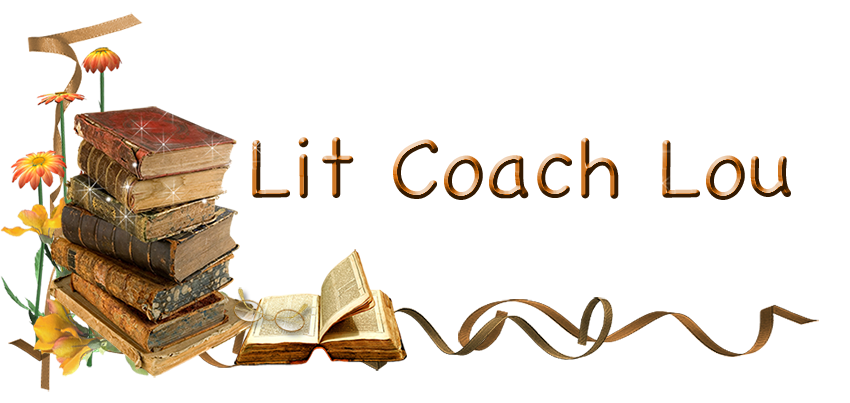Anderson does it again!
John
David Anderson nails middle school relationships and interactions truthfully
and poignantly in his second novel Posted.
The struggles to find your place, your identity, your true self, amidst the
turmoil of how truly cruel kids can be, is a tough job and one that most will
keep to themselves – parents and teachers are not told. As I got deeper and
deeper into Anderson’s newest novel, I was literally brought back to my own 8th
grade year, . . . the year my “friends”
decided I was no longer part of their group and I was ostracized and not
invited to any of the outside weekend activities organized by my former crowd.
Just like that - I was out - and I had no idea why or what I did to warrant
such treatment. It was a miserable year and I think everyone who has ever
attend middle, or in my case, junior high school, will be able to identify with
this superb novel.
As this story opens we meet four friends,
Frost, DeeDee, Bench & Wolf, who have
formed their own tribe and try to cover themselves with a cloak of
invisibility, especially in the dreaded lunchroom. We all probably remember,
where you sit and whom you sit with, make all the difference in the social
status created by the middle school population. And don’t think you can just
sit down with anyone – there is territory in a middle school cafeteria and
lines that can never be crossed.
Frost, our
narrator, nicknamed for Robert Frost after winning a poetry contest in 5th
grade, feels safety in the four points that make up their invisible square of indifference
and unity at their lunch table.
Everything is tolerable, at least until a new student crashes their table, a
girl no less, a girl named Rose Holland, who is like no girl they have ever met
– not that they have met or talked to any. Rose is loud, brash, friendly and
physically a very tall, big girl whose physique has led to many unpleasant
nicknames including Moose. Rose Holland reminds me a bit of Star girl by Jerry Spinelli, fearlessly marching to her
own drummer.
When phones are banned in school, students are lost without their social
media accounts that cannot be accessed and used during school. But just as time
is eternal, kids will always find a way and these kids are no different. Pretty
soon post-it notes start slowly popping up on lockers, bathroom stalls, gym
walls, more and more each day. Many are trite or kind but as I’m sure you are
already inferring, many turned ugly and mean.
The
student population soon realizes the old aphorism, Sticks and stones can break my bones but words can never hurt me, is
just not true. As we build up to the
climax of this story (and make sure you are ready to read the last third of the
book straight through in one sitting as you won’t be able to stop) we witness
the blood that words can draw.
Anderson
is a master of character development. We know and sympathize with these
kids and I bet everyone who reads this book will identify with at least one of
these characters or will immediately remember students in their classes like
these five. The first time I ever heard about “finding your tribe” was when
speaking with the very talented E. B. Lewis at an NCTE conference in Boston. He
said no matter what, kids would find their “tribe”, the people who accept them.
This can be a good thing or a bad thing – depending on your tribe, but you will
find it. As we all remember from tough experiences, your tribe may change – members drop out or
are added – a lesson our kids learn the hard way.
This
is an important book. Bullying and making fun of others has always been around
but today, with the advent of social media, there are many more opportunities
to antagonize – even outside of school.
Words are weapons and can be just as
deadly.
Win a signed copy of Posted by John David Anderson either by tweeting about it - include me @litcoachlou or by joining my blog!





